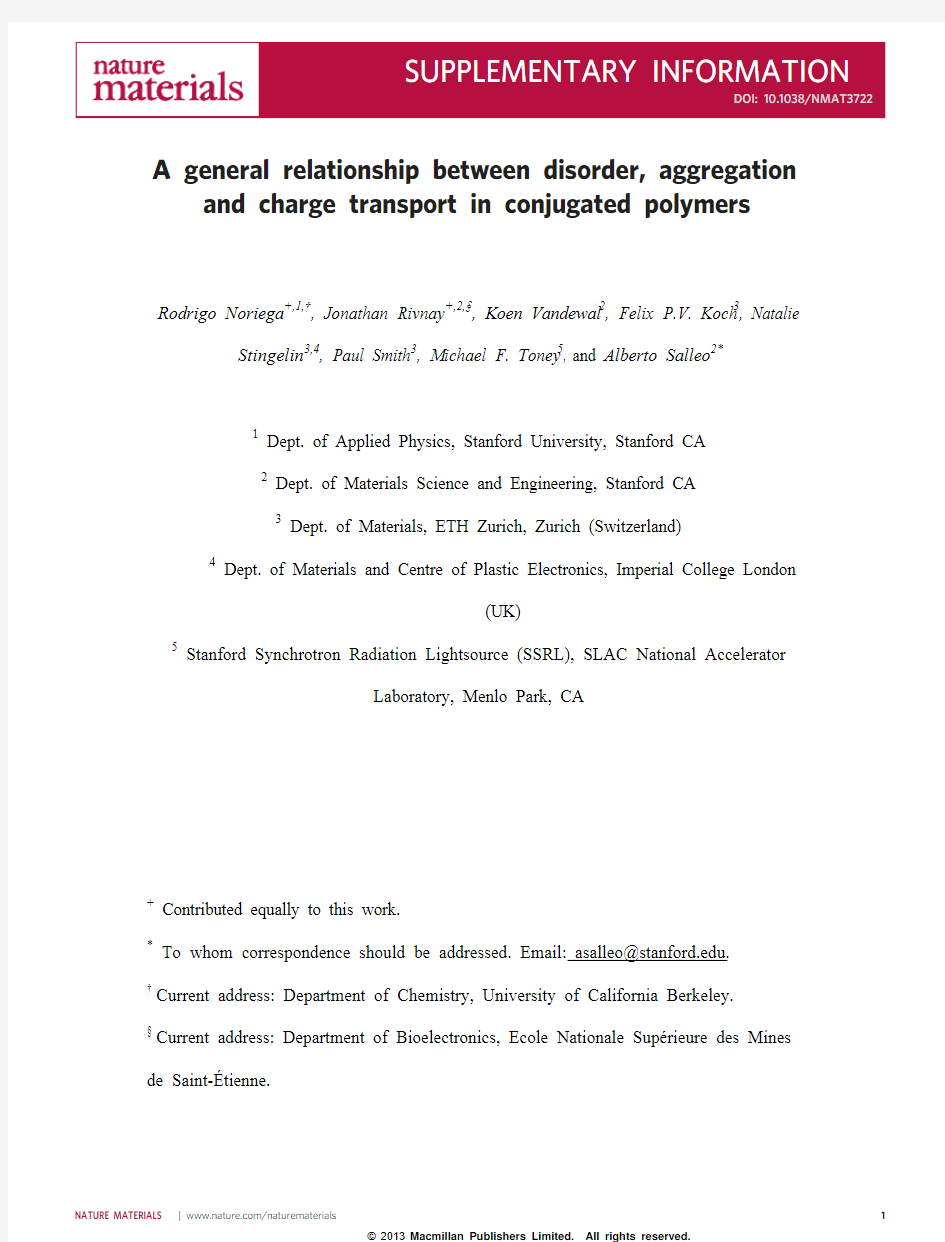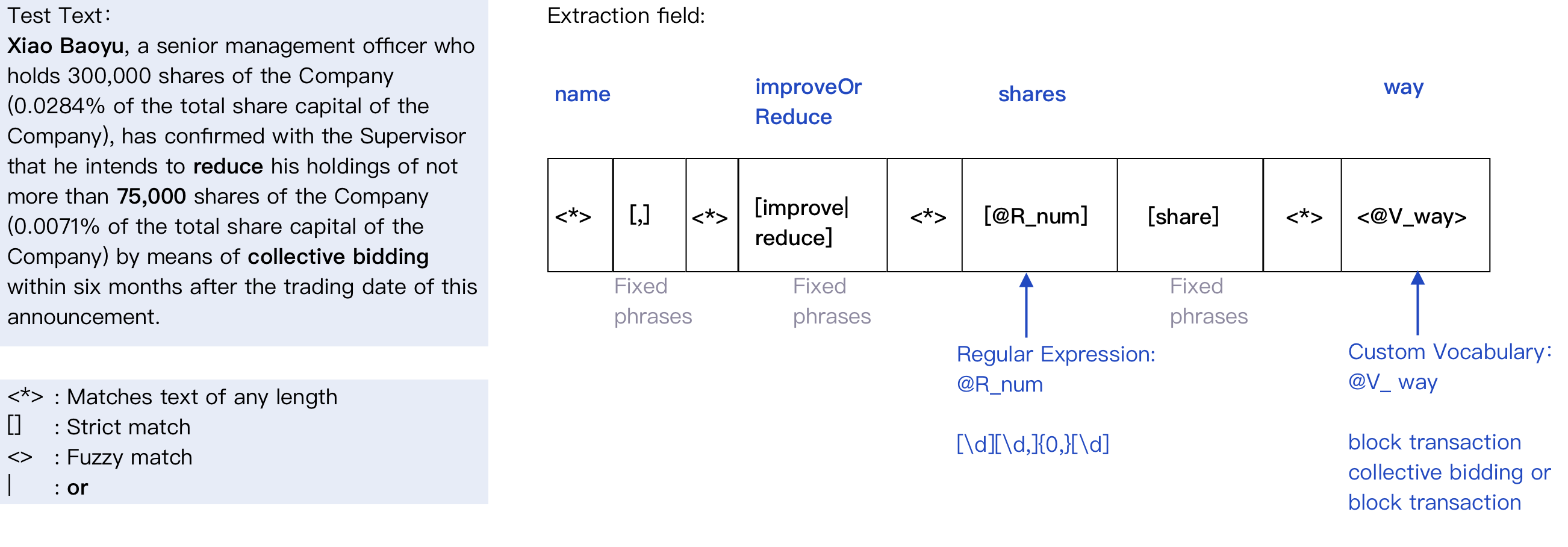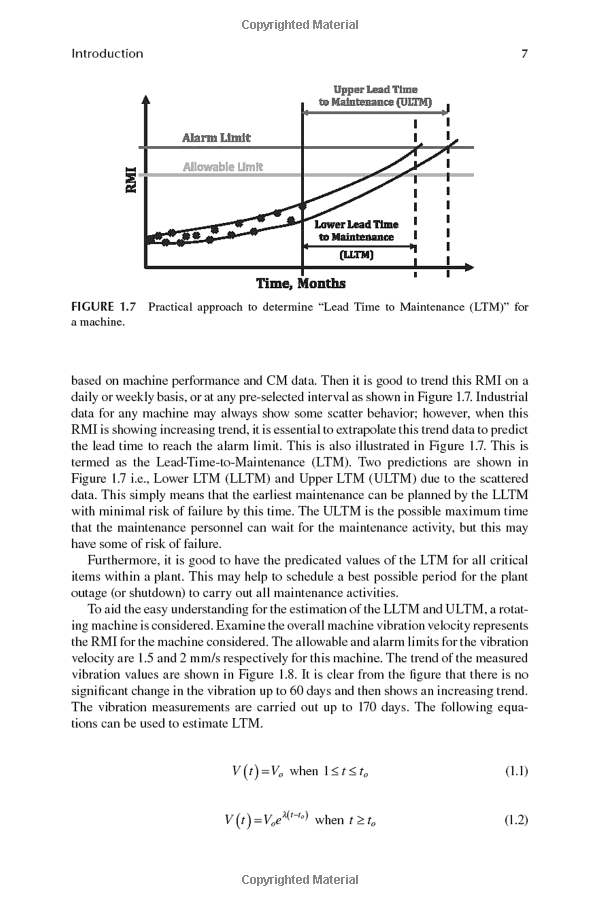Understanding the Complexities of Mortgage Loan Fraud: Prevention, Detection, and Consequences
#### Introduction to Mortgage Loan FraudMortgage loan fraud refers to the act of providing false information or omitting crucial details in the mortgage app……
#### Introduction to Mortgage Loan Fraud
Mortgage loan fraud refers to the act of providing false information or omitting crucial details in the mortgage application process to secure a loan that one would not otherwise qualify for. This type of fraud can occur at various levels, including borrower fraud, lender fraud, and even real estate agent fraud. Understanding the intricacies of mortgage loan fraud is essential for both consumers and industry professionals to protect themselves and maintain the integrity of the housing market.
#### Types of Mortgage Loan Fraud
There are several types of mortgage loan fraud, each with its own set of characteristics and implications.
1. **Borrower Fraud**: This is the most common type, where individuals misrepresent their financial situation. This may involve inflating income, falsifying employment history, or providing fake documentation to secure a mortgage.

2. **Lender Fraud**: In some cases, lenders may engage in fraudulent practices, such as approving loans without proper verification of the borrower's information or charging excessive fees.
3. **Real Estate Agent Fraud**: Real estate agents may also be involved in fraudulent activities, such as inflating property values to secure larger loans for buyers.
#### Consequences of Mortgage Loan Fraud
The consequences of mortgage loan fraud can be severe, affecting not only the individuals involved but also the broader economy. For borrowers, being caught in a fraudulent scheme can lead to criminal charges, hefty fines, and a tarnished credit history. For lenders, fraudulent loans can result in significant financial losses and damage to their reputation.

On a larger scale, mortgage loan fraud can contribute to market instability. When fraudulent loans are issued, they can lead to a higher rate of defaults, which can, in turn, affect housing prices and the overall economy. The 2008 financial crisis is a prime example of how widespread mortgage fraud can have catastrophic effects on the housing market and the economy as a whole.
#### Preventing Mortgage Loan Fraud
Preventing mortgage loan fraud requires vigilance from all parties involved in the mortgage process. Borrowers should ensure they provide accurate information and be wary of any offers that seem too good to be true. It is also essential for lenders to have robust verification processes in place to detect fraudulent applications.
Industry professionals can benefit from ongoing education about the latest trends in mortgage fraud and the best practices for prevention. Implementing technology solutions, such as automated verification systems and fraud detection software, can also help in identifying suspicious activities before they escalate.

#### Conclusion
Mortgage loan fraud is a complex issue that requires a concerted effort from borrowers, lenders, and real estate professionals to combat effectively. By understanding the different types of fraud, recognizing the potential consequences, and implementing preventative measures, stakeholders can help ensure a more secure and trustworthy mortgage market. Awareness and education are key in the fight against mortgage loan fraud, ultimately leading to a healthier economy and a more stable housing market.